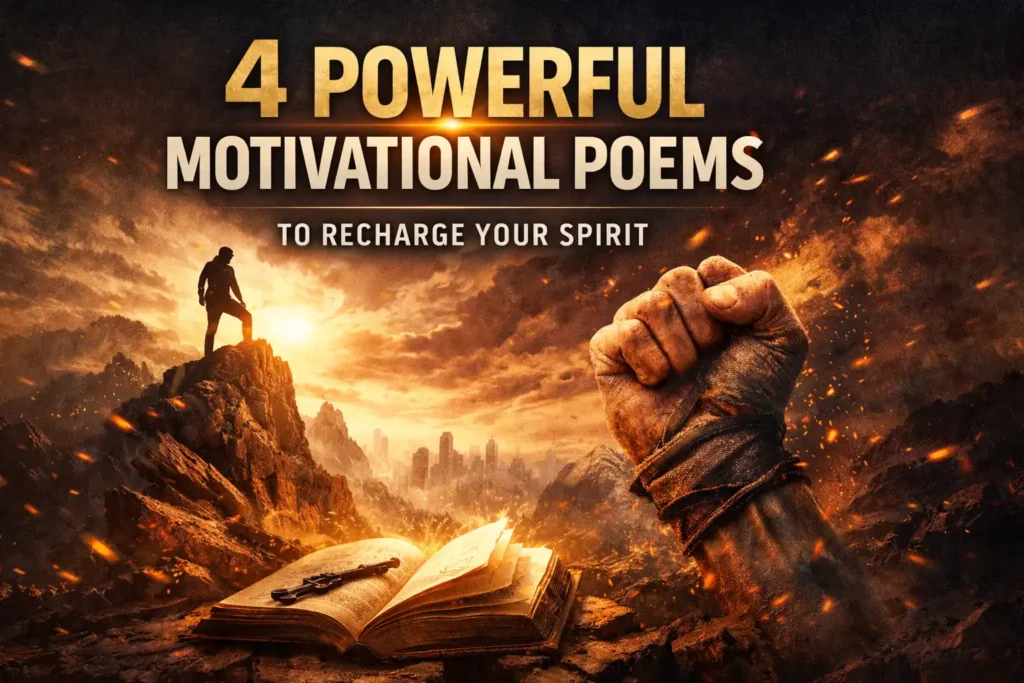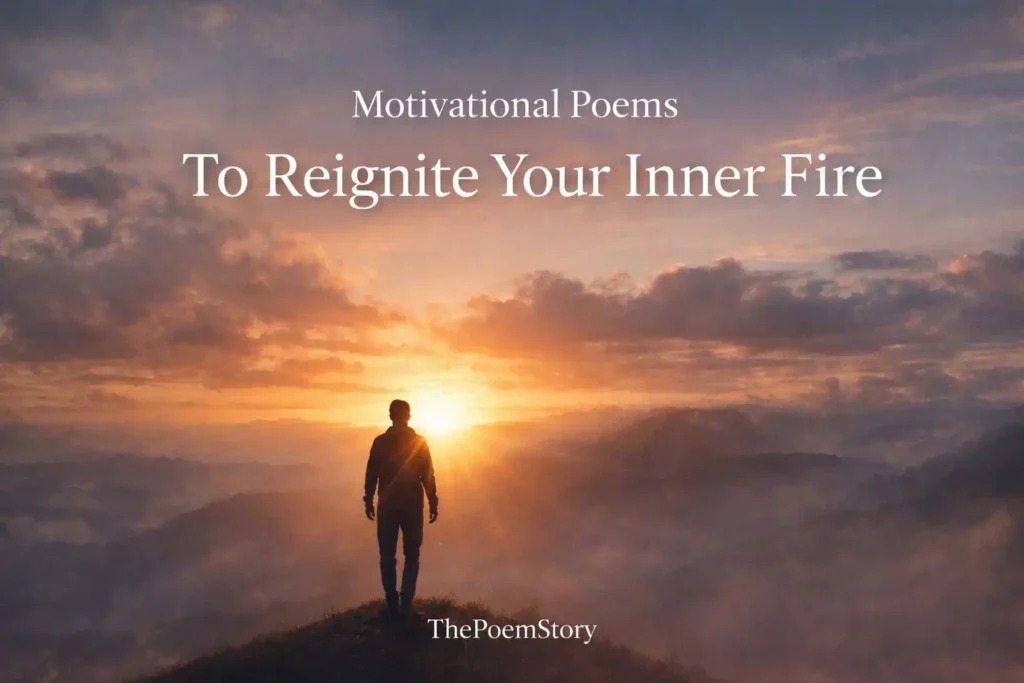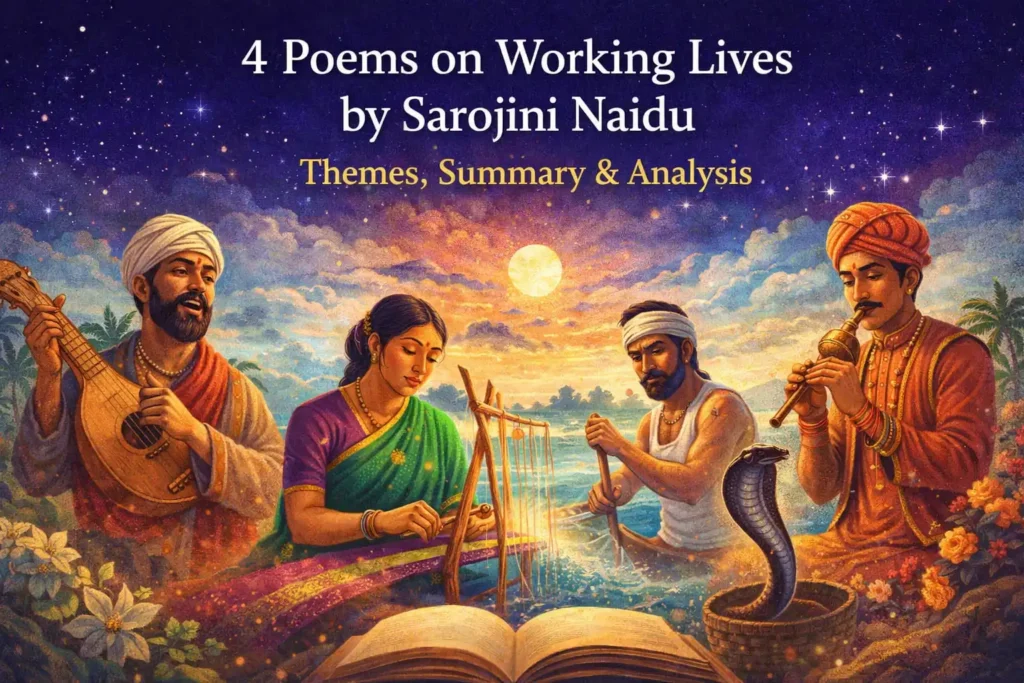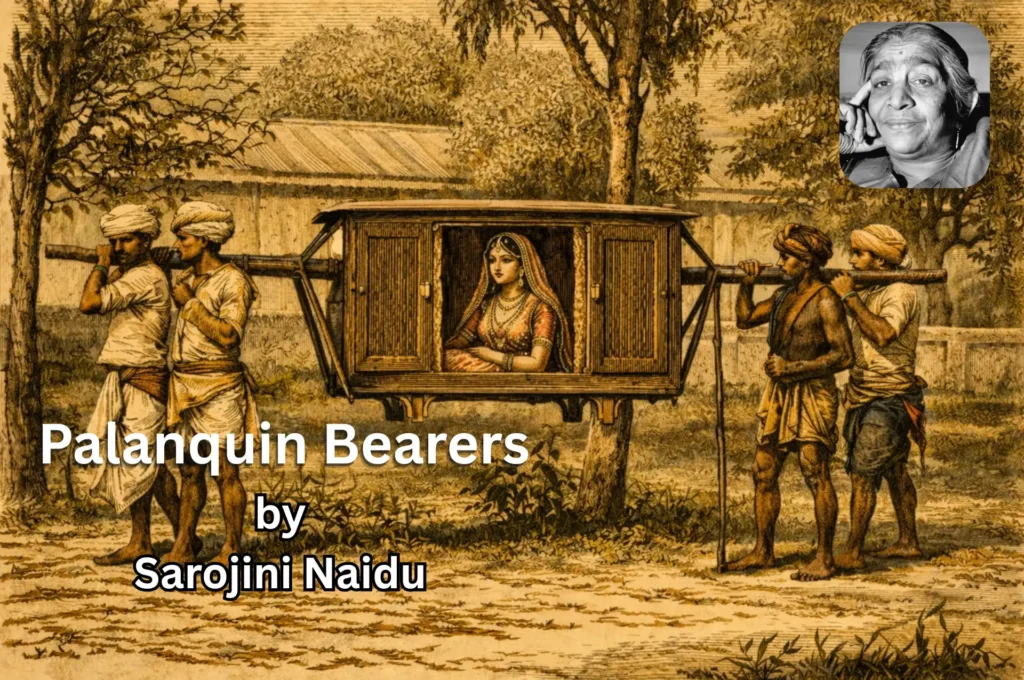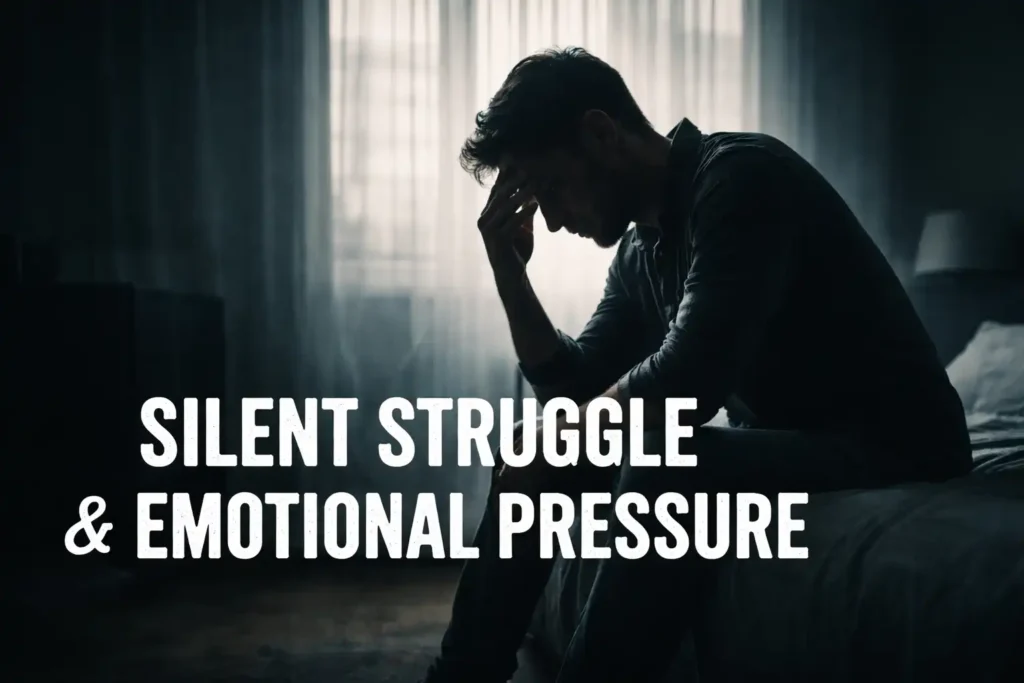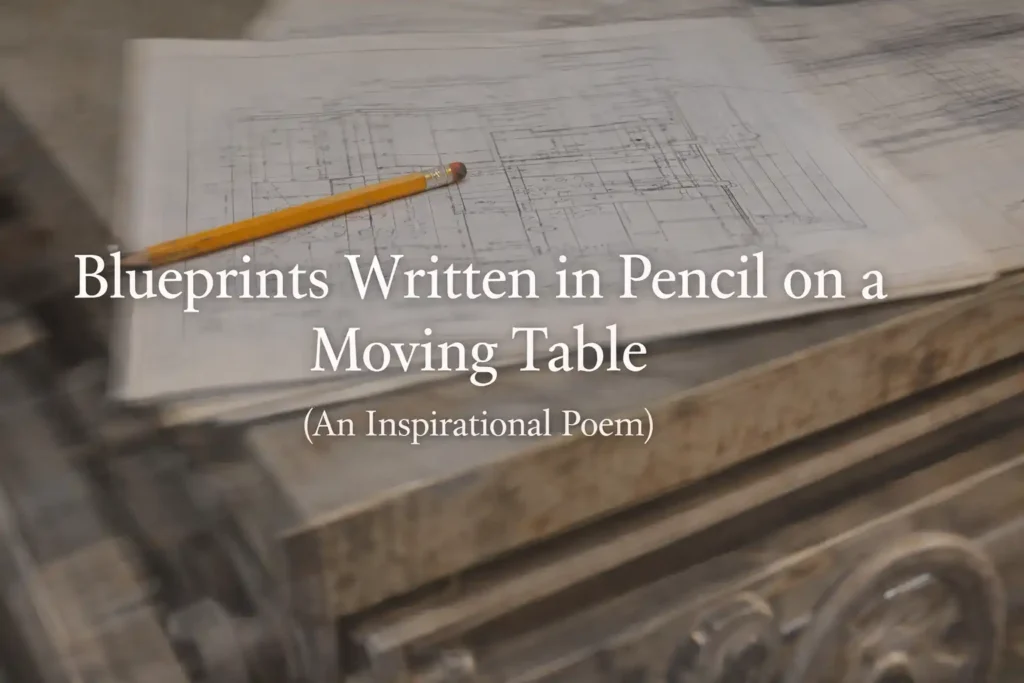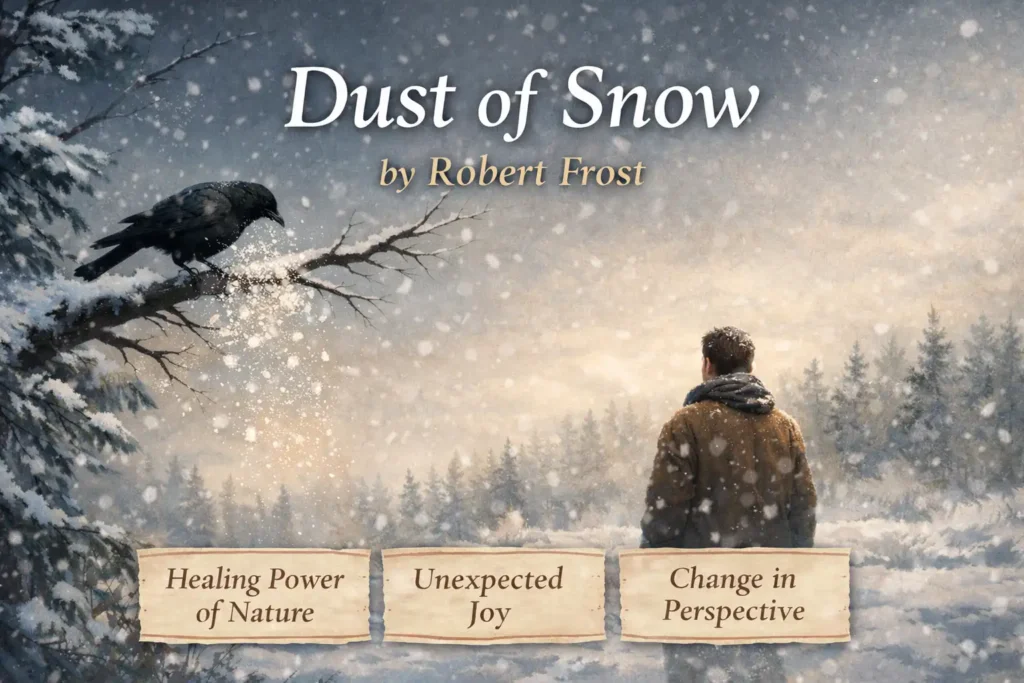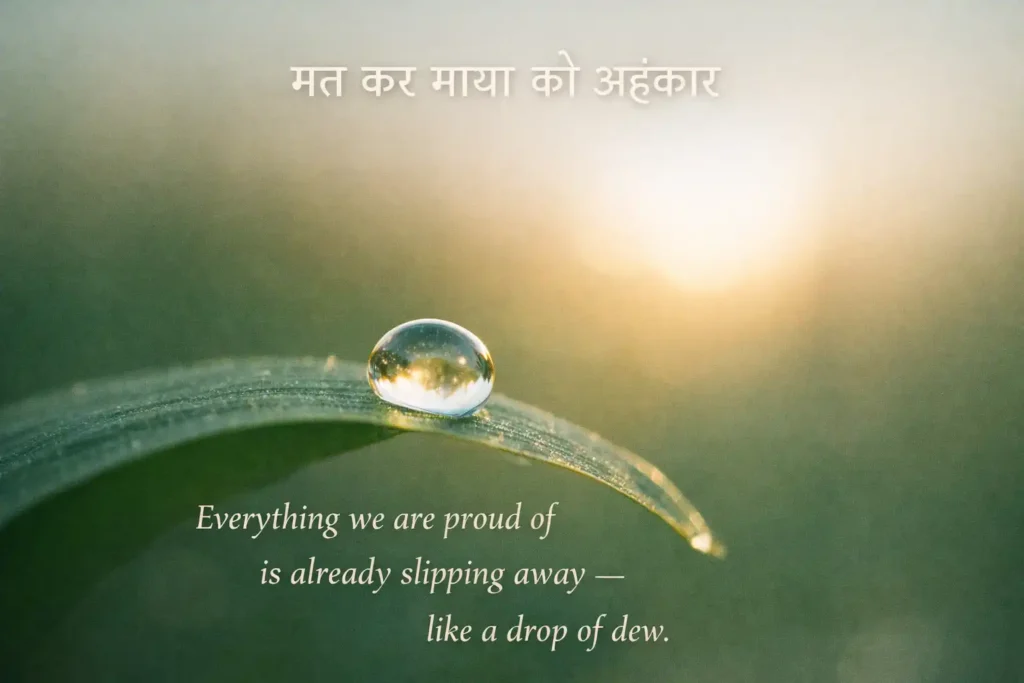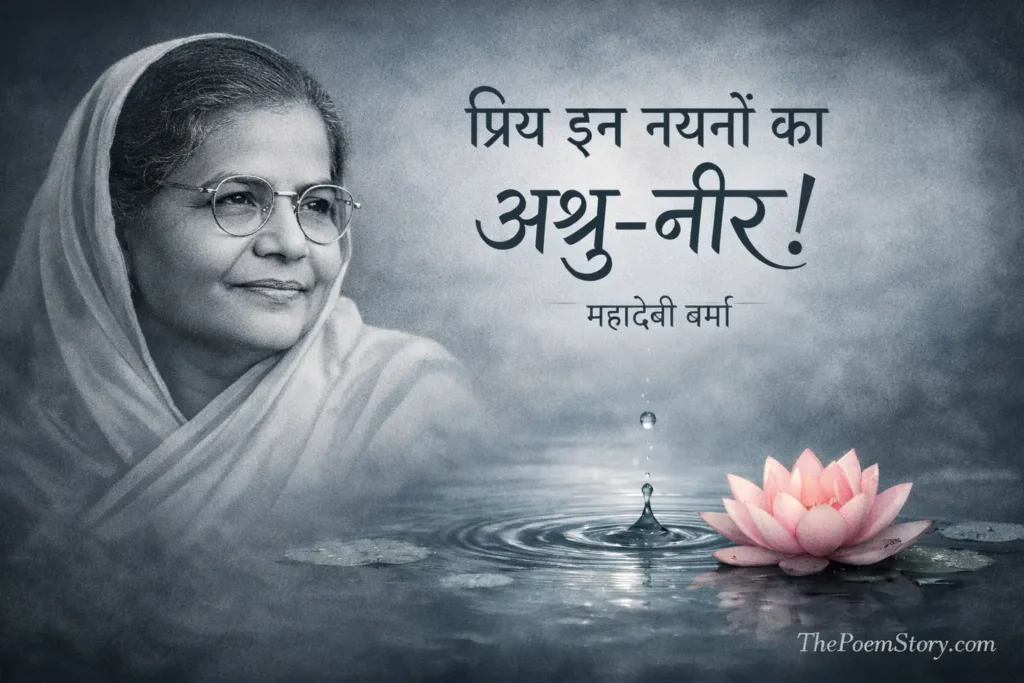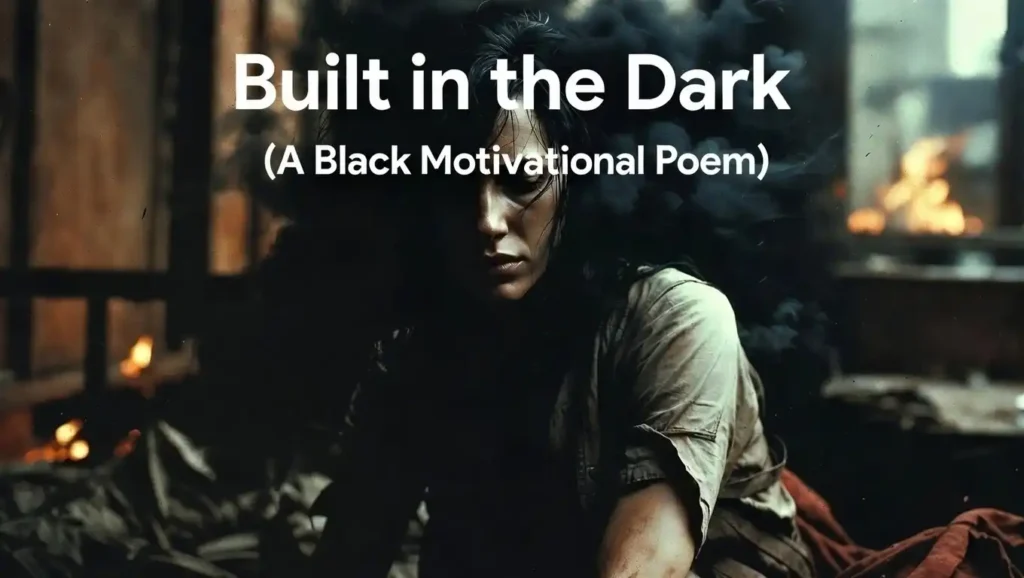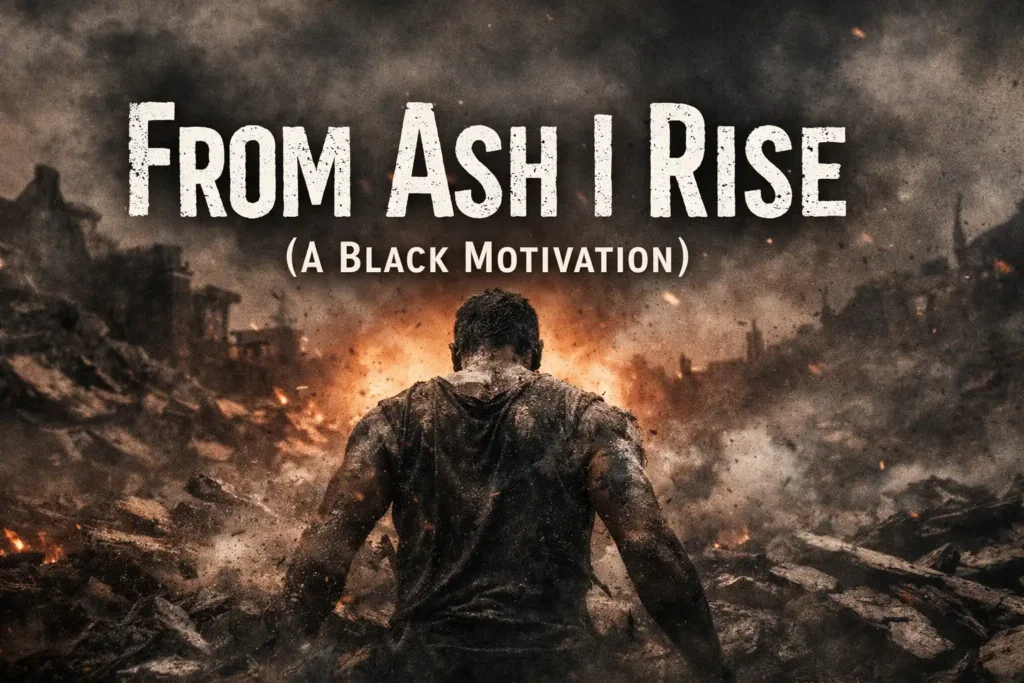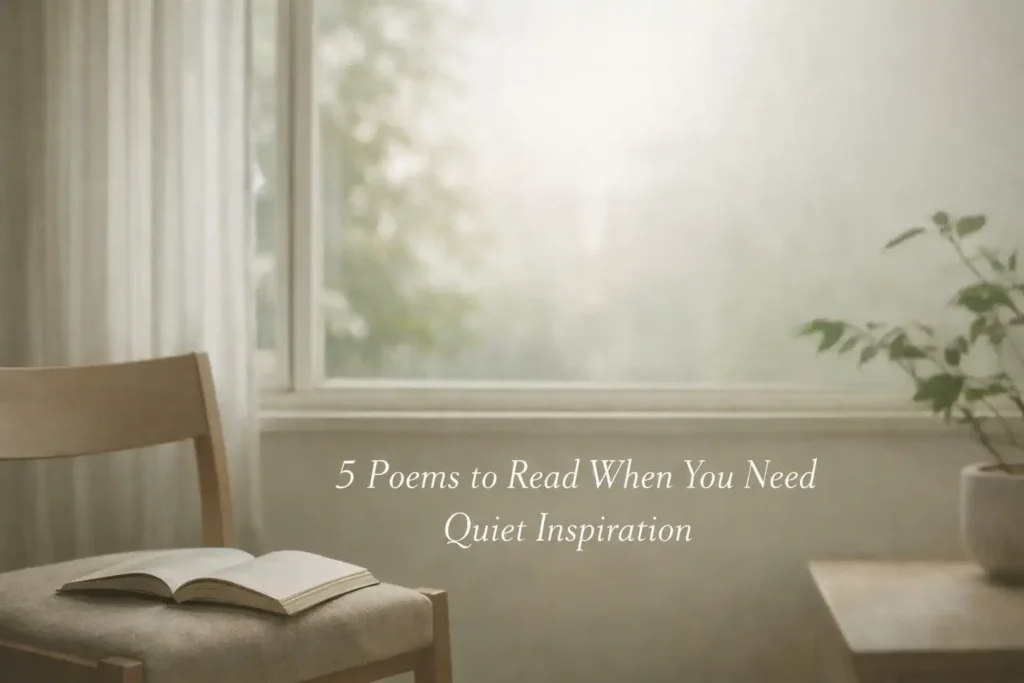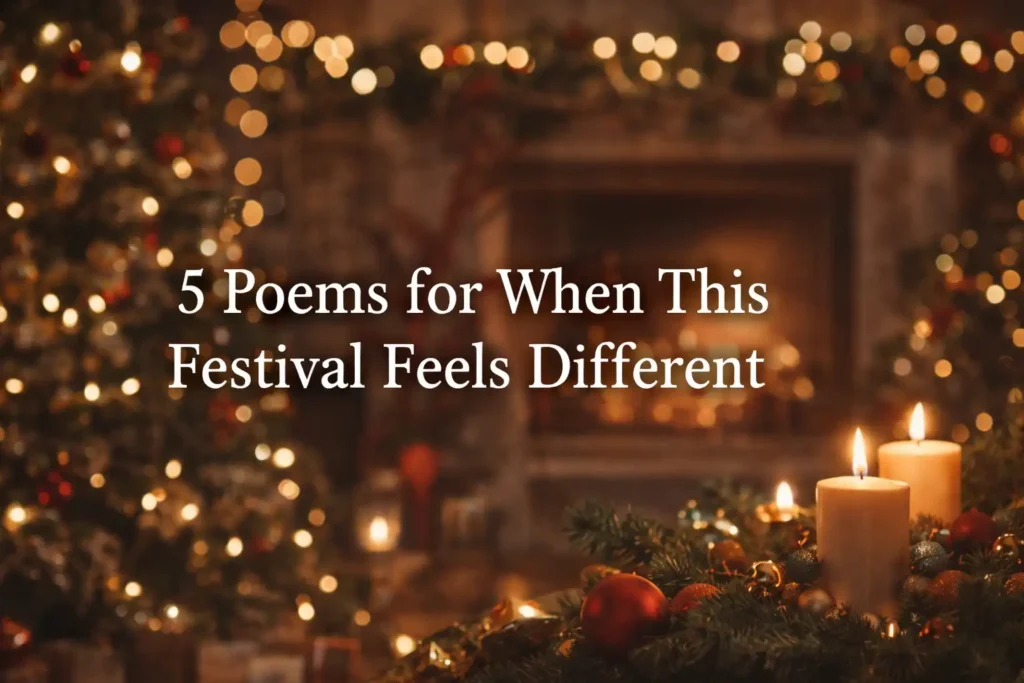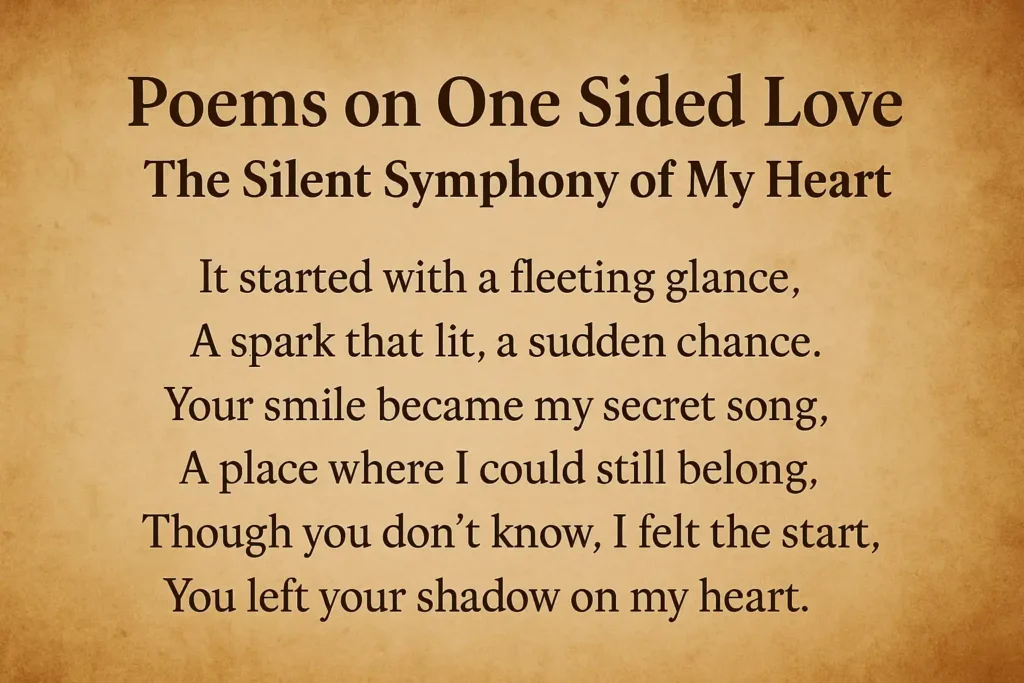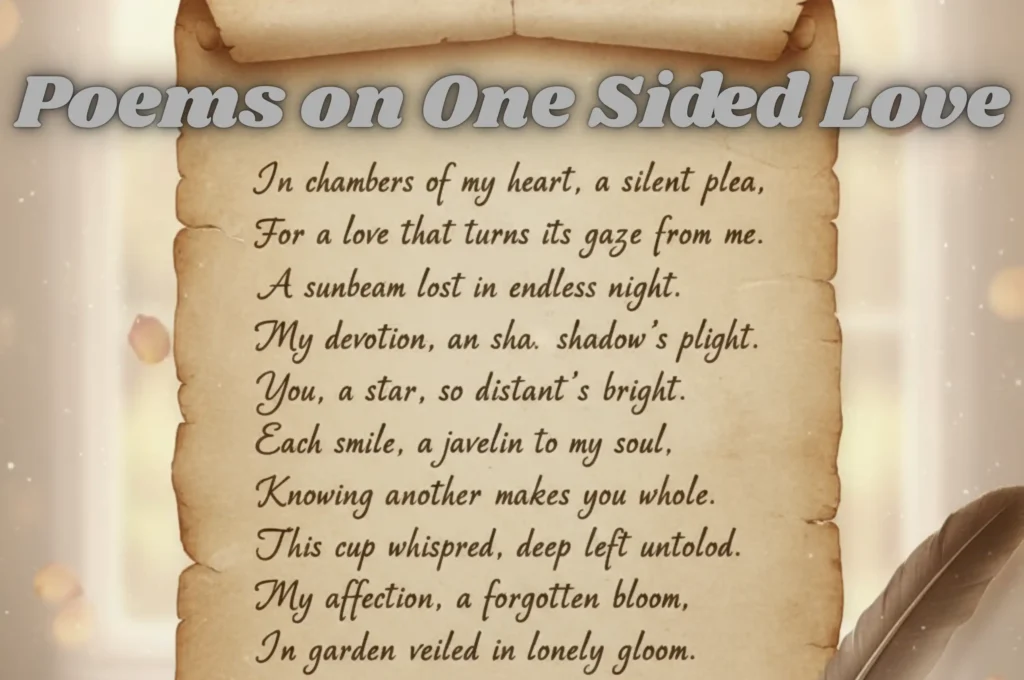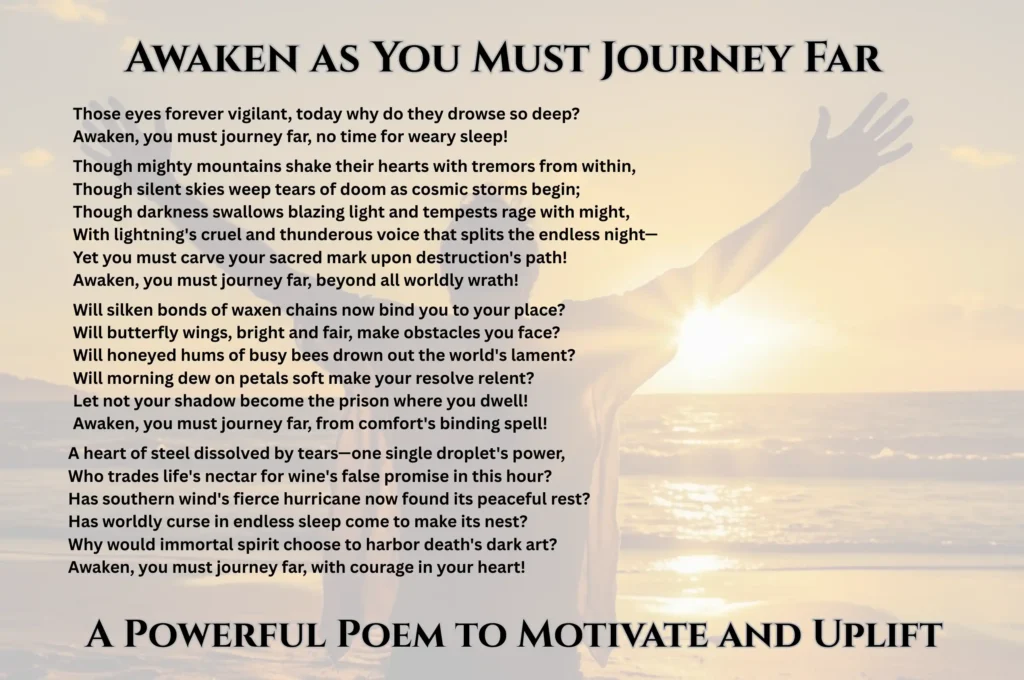“I Taste a Liquor Never Brewed” is a poem written by Emily Dickinson, one of the most renowned American poets. We present here the Lyrics and meaning of the poem “Taste a Liquor Never Brewed”. The poem explores the idea of intoxication through nature, with the speaker experiencing a drunkenness not from alcohol but from the beauty and essence of the natural world. Dickinson often delves into themes of nature, spirituality, and the human experience in her poetry, and this poem is a prime example of her unique perspective and style.
Table of Contents
I Taste a Liquor Never Brewed Poem Lyrics
I Taste a Liquor Never Brewed Poem by Emily Dickinson
I taste a liquor never brewed –
~ Emily Dickinson
From Tankards scooped in Pearl –
Not all the Frankfort Berries
Yield such an Alcohol!
Inebriate of air – am I –
And Debauchee of Dew –
Reeling – thro’ endless summer days –
From inns of molten Blue –
When “Landlords” turn the drunken Bee
Out of the Foxglove’s door –
When Butterflies – renounce their “drams” –
I shall but drink the more!
Till Seraphs swing their snowy Hats –
And Saints – to windows run –
To see the little Tippler
Leaning against the – Sun!
Source: The Poems of Emily Dickinson Edited by R. W. Franklin (Harvard University Press, 1999)
I Taste a Liquor Never Brewed Poem Meaning
I taste a liquor never brewed –
~ Emily Dickinson
From Tankards scooped in Pearl –
Not all the Frankfort Berries
Yield such an Alcohol!
Source: The Poems of Emily Dickinson Edited by R. W. Franklin (Harvard University Press, 1999)
The first lines of the poem convey a sense of experiencing something extraordinary and unique, beyond what can be found in ordinary experiences. It’s like tasting a drink that’s never been made before, something so special and remarkable that it’s almost otherworldly. The mention of “Tankards scooped in Pearl” adds to this imagery, suggesting that the source of this intoxicating experience is as rare and precious as scooping liquor from vessels made of pearls. The speaker then compares this experience to the finest alcohol produced from the best berries of Frankfort, implying that even the most exquisite drinks can’t match the intensity of what they’re feeling.
Inebriate of air – am I –
~ Emily Dickinson
And Debauchee of Dew –
Reeling – thro’ endless summer days –
From inns of molten Blue –
Source: The Poems of Emily Dickinson Edited by R. W. Franklin (Harvard University Press, 1999)
These lines describe the speaker’s profound connection to nature and the intense experience of being immersed in it. The speaker feels intoxicated by the very air they breathe, suggesting a deep and overwhelming sense of euphoria or ecstasy. They also describe themselves as someone indulging in the dew, highlighting their indulgence in the small, delicate aspects of the natural world.
The phrase “Reeling – thro’ endless summer days” emphasizes the enduring and seemingly unending nature of their intoxication, as if they are perpetually caught in a state of bliss amidst the warmth and beauty of summer. “From inns of molten Blue” further evokes the imagery of being surrounded by the vivid, intense colors of the sky, suggesting that their intoxication is drawn from the expansive and limitless expanse of the heavens. Overall, these lines convey the speaker’s profound connection to and intoxication by the beauty and wonder of the natural world.
When “Landlords” turn the drunken Bee
~ Emily Dickinson
Out of the Foxglove’s door –
When Butterflies – renounce their “drams” –
I shall but drink the more!
Source: The Poems of Emily Dickinson Edited by R. W. Franklin (Harvard University Press, 1999)
These lines depict a whimsical scene where even nature’s creatures are caught up in the intoxicating allure of the environment. The phrase “Landlords” suggests a personification of the flowers, particularly the foxglove, as if they are the hosts or proprietors of a tavern. The mention of the “drunken Bee” being turned out of the foxglove’s door implies that even bees are so intoxicated by the nectar within the flower that they become disoriented.
Similarly, the butterflies are described as renouncing their “drams,” meaning they are forgoing their usual indulgences or drinks, likely referring to the nectar they typically feed on. Despite these images of other creatures being intoxicated, the speaker asserts their own intent to indulge even more. This suggests a sense of determination or commitment to fully immerse oneself in the intoxicating experience of nature, regardless of the behavior of other creatures. Overall, these lines underscore the speaker’s deep connection to and delight in the natural world.
Till Seraphs swing their snowy Hats –
~ Emily Dickinson
And Saints – to windows run –
To see the little Tippler
Leaning against the – Sun!
Source: The Poems of Emily Dickinson Edited by R. W. Franklin (Harvard University Press, 1999)
These lines describe a surreal and fantastical scenario where celestial beings, such as Seraphs and Saints, take notice of the speaker’s profound intoxication by the natural world. The image of Seraphs swinging their snowy hats suggests angels or divine beings acknowledging the speaker’s state of euphoria. Similarly, the Saints rushing to the windows to witness the scene adds to the grandeur of the moment, as if even the holiest of figures are drawn to observe the speaker’s experience.
The phrase “the little Tippler” refers to the speaker themselves, likening their state of intoxication to that of a small drinker or imbiber. The final line, “Leaning against the – Sun,” adds to the surrealism of the scene, implying that the speaker is so deeply immersed in their intoxication that they appear to be leaning against the very source of light and warmth in the sky.
Overall, these lines convey a sense of awe and wonder at the speaker’s profound connection to nature, portraying their intoxication as a transcendent experience that captures the attention of even celestial beings.
I Taste a Liquor Never Brewed Poem Summary
In this poem, the poet describes feeling intoxicated by something they’ve never tasted before. The Poet compares this feeling to being drunk on the air and dew of nature, rather than from alcohol. The speaker revels in the beauty of summer days, feeling as though they are stumbling through an endless drunken haze of blue skies and sunshine.
Emily Dickinson as the poet imagines herself drinking even more as nature’s creatures, like bees and butterflies, seem to also partake in this intoxicating experience. The poem ends with the speaker envisioning themselves so deeply immersed in this natural drunkenness that even angels and saints would be amazed to see them leaning against the sun, completely lost in the euphoria of nature’s intoxicating splendor.
I Taste a Liquor Never Brewed | I Taste a Liquor Never Brewed Poem | I Taste a Liquor Never Brewed Poem Lyrics | I Taste a Liquor Never Brewed Poem Meaning | I Taste a Liquor Never Brewed Poem Summary
